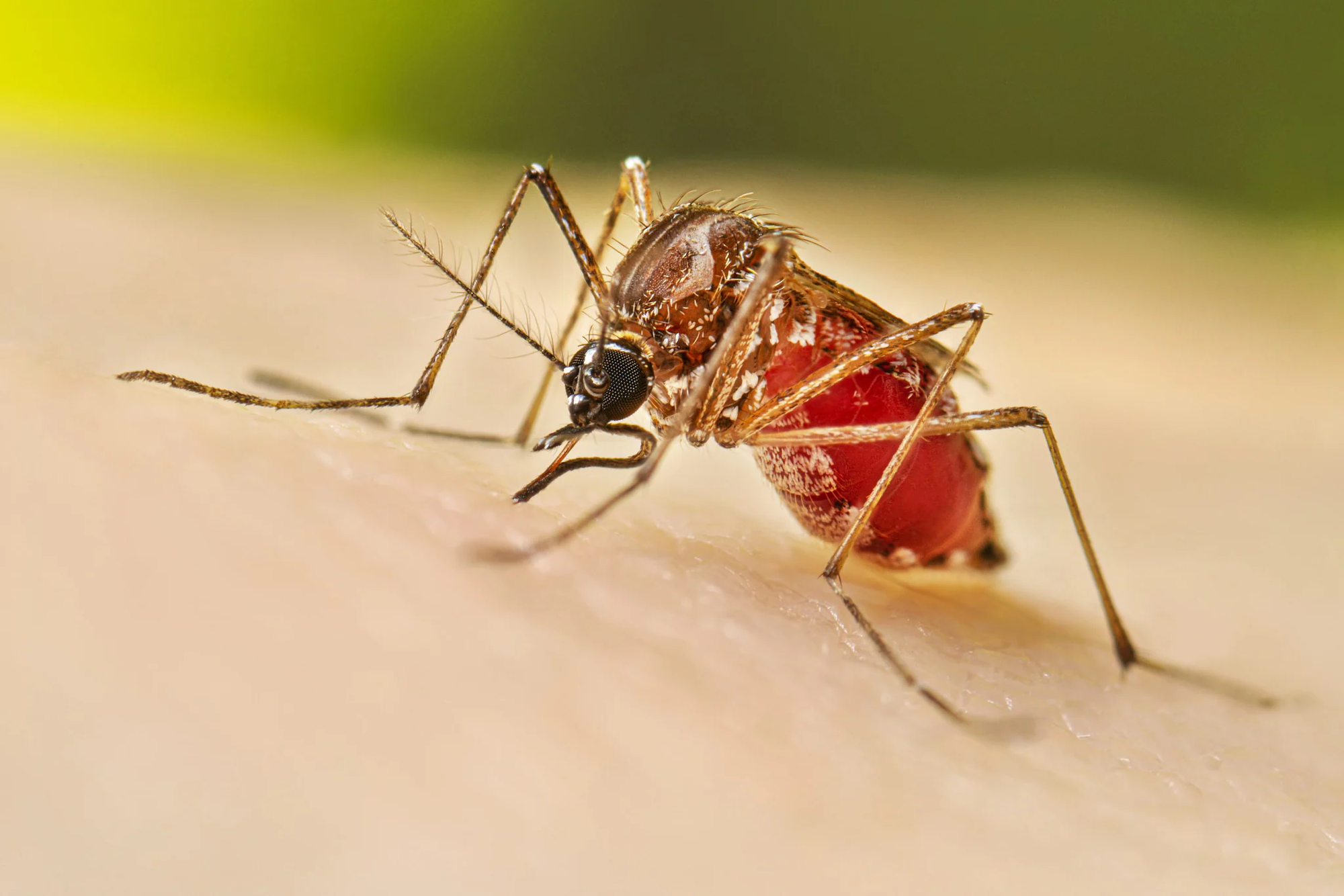Health officials have confirmed several cases of dengue fever, a rare but potentially serious viral disease, in Mecklenburg County, North Carolina. This development follows a recent nationwide public health warning issued by health authorities about the disease. The Centers for Disease Control and Prevention (CDC) reported that there are currently about 16 cases of dengue in North Carolina, with four confirmed cases in Mecklenburg County. Additionally, eight cases have been reported in South Carolina, although the specific locations of these cases have not been disclosed.
Understanding Dengue Fever
Transmission:
Dengue fever is primarily transmitted through the bites of infected mosquitoes, particularly the Aedes aegypti and Aedes albopictus species. These mosquitoes become carriers of the virus after biting an infected person and can then spread the virus to other humans through subsequent bites.
Symptoms:
Dengue fever manifests with a range of symptoms. Common symptoms include a high fever, rash, nausea, and joint pain. Other reported symptoms are eye pain (usually behind the eyes) and vomiting. According to the CDC, symptoms generally appear two weeks after being bitten by an infected mosquito and can last from two to seven days. Most patients recover within a week, though the experience can be quite debilitating during the symptomatic period.
Treatment:
Currently, there is no specific antiviral treatment for dengue fever. The CDC advises individuals infected with the virus to rest extensively and maintain hydration by drinking plenty of fluids. Those experiencing symptoms should seek immediate medical advice to manage their condition effectively and prevent complications.
Public Health Response
In response to these cases, Mecklenburg County health officials are working to raise awareness about the disease and its prevention. Efforts include educating the public on how to reduce mosquito breeding sites and protect themselves from mosquito bites. Simple measures such as using insect repellent, wearing long-sleeved clothing, and ensuring that windows and doors have screens can significantly reduce the risk of mosquito bites.
Residents are also urged to eliminate standing water around their homes, which serves as breeding grounds for mosquitoes. Common areas where water can collect include flowerpots, buckets, and discarded tires.










